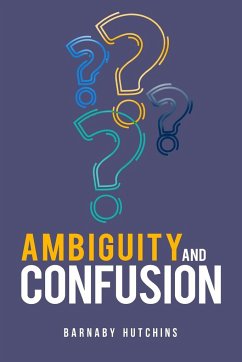This dissertation makes a case for Descartes's being a nonreductionist, in at least some areas of his philosophy. It first gives a reading of Descartes's biology, in which I argue that he is not a strict reductionist about the mechanisms of the body (because those mechanisms rely on non-lowest-level properties of systems), that his 'principle of life and motion' is explicable only in terms of the whole body (or its major systems), and that he has no reductionist account of life. I then argue that this nonreductionism is compatible with Descartes's wider philosophy. I give a reading of his treatment of the union of mind and body in terms of irreducibility, which I then use to argue that Descartes's philosophy allows for nonreductionist knowledge and the existence of irreducibles (the union itself, teleology, and, finally, life). Indeed, I end up claiming, Descartes's philosophy could not work without this nonreductionist knowledge and without those irreducibles. That is because reductionism fails him. Given his system, he cannot reductively explain the operation of biological bodies, the interaction of thought and extension, or possibly even physical causation. Nonreductionism saves him from what would otherwise be explanatory dead ends.








